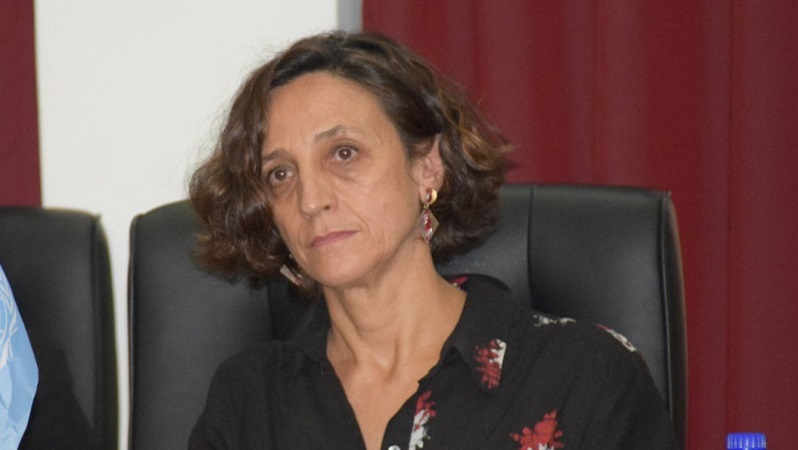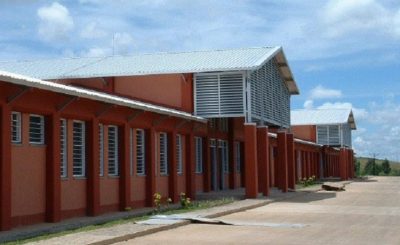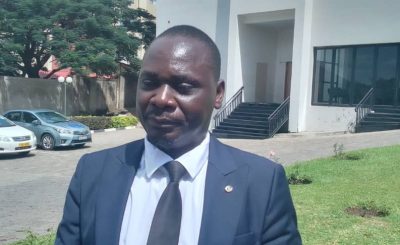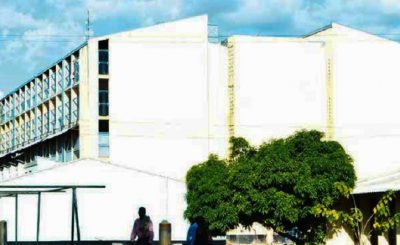The Humanitarian Country Team in Malawi has launched an Emergency Appeal that brings together the United Nations and non-governmental organisations immediate response to the coronavirus disease (Covid-19) outbreak in the country.
The Appeal urgently seeks US$ 139.2 million emergency funding for UN agencies and NGOs to support Malawi Government’s preparedness and response efforts for the next six months from May to October 2020, targeting 7.5 million people.
This will complement the National Covid-19 Preparedness and Response Plan launched on 8th April.
UN Resident Coordinator, Maria Jose Torres, said the Appeal provides for targeted humanitarian assistance and protection to those most in need on top of supporting public health actions which are core to containing the spread of Covid-19.
“The UN and its partners recognize that the situation is evolving rapidly in Malawi, and those living under the poverty line, the most vulnerable and at-risk communities could be hit the hardest.
“The situation calls for urgent strengthening of the state of preparedness and response across the country, with a strong focus on the local level and the urban and peri-urban areas, to avert escalation of the Covid-19 spread and worsening of the pandemic’s socioeconomic effects on the people of Malawi,” said Torres.
On behalf of the NGO consortium, Save the Children Country Director, Kim Koch, said the needs in the Appeal aim to save lives and prevent loss of livelihoods.
“The Emergency Appeal emphasises on continued delivery of basic essential services and protection of livelihoods of the most vulnerable communities,” said Koch.
“The Appeal will ensure that access to essential health care, education and protection services is safeguarded.”
Principal Secretary and Commissioner for Disaster Management Affairs, Wilson Moleni, said the continuity of humanitarian operations in the country will be critical to Malawi’s efforts to contain the pandemic and ensure better recovery.
“Malawi Government is working around the clock to ensure the virus is suppressed and that the most vulnerable people are protected,” said Moleni.
“The contributions of development partners and the humanitarian community have been prepared in a coordinated fashion with the national institutions to strengthen the capacity to end the Covid-19 crisis and handle its socioeconomic fallout.”
Apart from focusing on the public health response and ensuring access to life-saving services, the Emergency Appeal for Malawi seeks to limit the secondary impacts of Covid-19 by ensuring support to vulnerable groups through various means, such as safety nets for those who lose income due to the public health measures or are unable to access adequate food and water.
Part of the targeted people are vulnerable persons living with HIV/AIDS, persons with disabilities, persons with albinism, single-headed households, street connected children, the elderly, those living in extreme poverty, pregnant women, refugees and migrants along border routes.
The Appeal also prioritises promotion of primary health care services, including sexual and reproductive health services and access to medical services for gender-based violence survivors.





